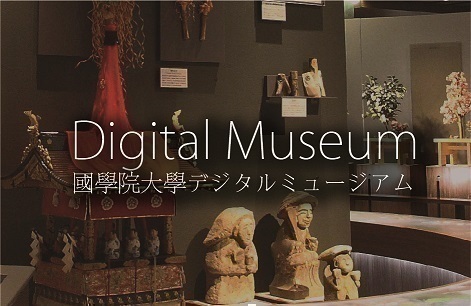- トップ
- Encyclopedia of Shinto
- Ichijō Kaneyoshi
Encyclopedia of Shinto
| Main Menu: | |
| Links: |
詳細表示 (Complete Article)
| カテゴリー1: | 8. Schools, Groups, and Personalities |
|---|---|
| カテゴリー2: | Personalities |
| Title | Ichijō Kaneyoshi |
| Text | (142-81) Courtier and scholar of the mid-Muromachi period (ca. mid-fourteenth to late-sixteenth centuries). Epistolary names included Tōka Rōjin, Sankan Rōjin and Tōsai, while his common name was Kanera. Ichijō was born on the twenty-seventh day of the fifth month of 1402 to kanpaku (Imperial Regent and Chief Advisor to the Emperor) Ichijō Tsunetsugu. He successively held the positions of Minister of the Left (sadaijin), Regent of the Child Emperor (sesshō), Grand Minister (dajō daijin) and kanpaku. A representative intellectual of Kyoto's Higashiyama literary culture, Ichijō was referred to as "the finest scholar in five hundred years" (as recorded in the Nagaoki sukuneki) and "a man of unsurpassed talent" (in the Jūrin'in naifuki). His academic interests encompassed a wide variety of subjects, including Shinto, Confucianism and Buddhism, as well as poetry, classics and rules of court ceremony and etiquette. His thought is underlain by the concept of shinjubutsu sankyō itchi, that is, the basic unity of Shinto, Confucianism and Buddhism, as reflected in his many works. His treatises on court ceremony include Kuji kongen (Origins of Court Ritual), Gōshidaishō (Commentary on Ōe no Masafusa's Works on Court Ceremony) and Daihajime washō (Commentary on the Japanese Imperial Succession Ceremony); works on classical literature include Nihon shoki sanso (Annotated Commentary on the Nihon shoki), Kachō yozei (Evocative Images of Birds and Flowers) and Ise monogatari gukenshō (Simple Ideas on the Tale of Ise). Other works include Bunmei ittōki (A Record of Cultural Lineage), Shōdan chiyō and Tōka zuiyō (Leaves of the Plum Blossom). Most of his writings are educational in content; they were distributed widely in later ages and pioneered the later flowering of "Japanese studies" (wagaku). In addition, because the Ichijō family maintained close connections with the Urabe clan of kami ritualists, Kaneyoshi received secret Shinto initiations from his father, and these were subsequently transmitted to the Yoshida clan (see Yoshida Shintō). He evacuated to Nara after the outbreak of the Ōnin War in 1467 and returned to Kyoto in 1477, dying in 1481 at the age of eighty. - Itō Satoshi |




